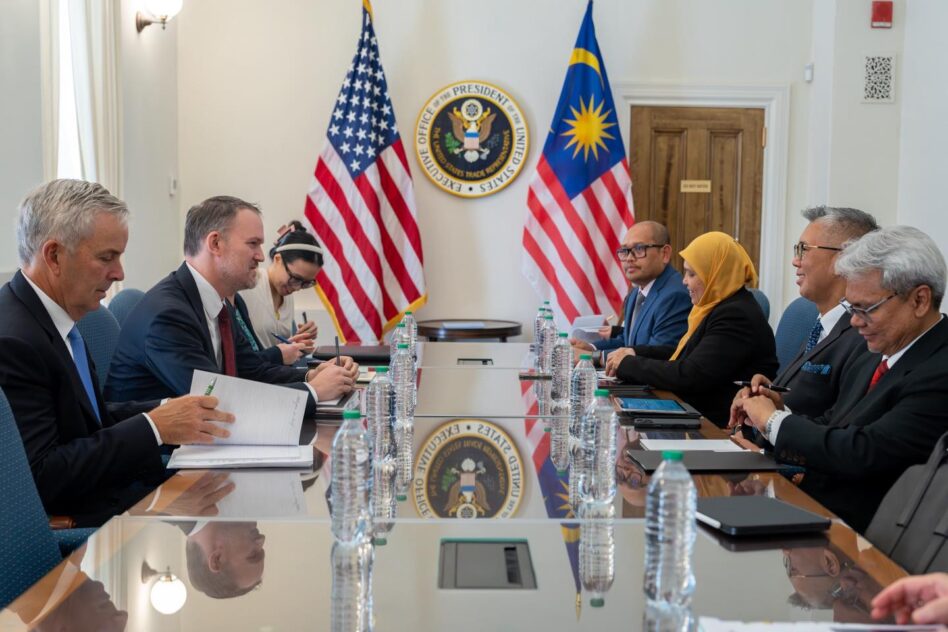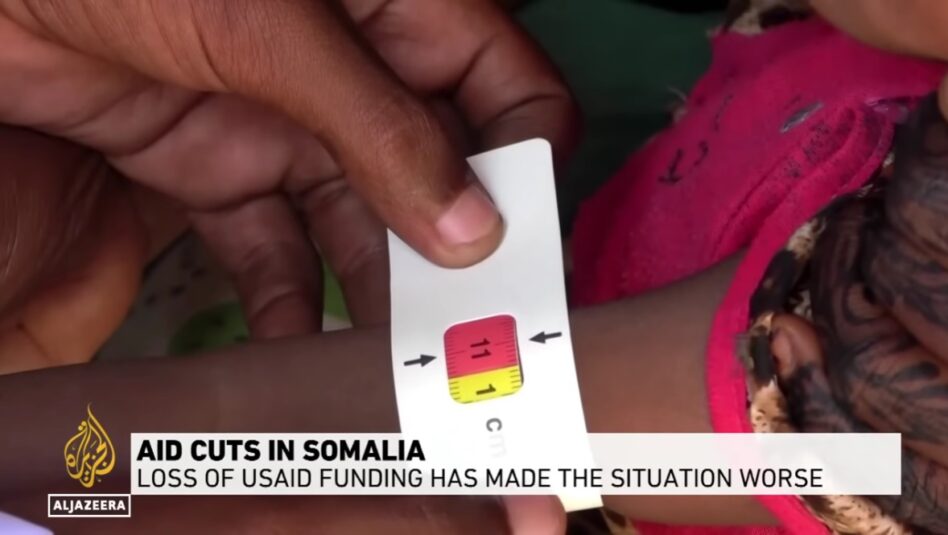ESG which stands for “environmental, social and governance” has undoubtedly become a preferred term in today’s capital markets. In a gist, the ESG criteria is merely a set of standards for a company’s operations that socially conscious investors use to screen potential investments.
In its quest to embed ESG into stock valuations, Kenanga Research has identified four economic sectors in which investors have most immediate ESG concerns for – plantations, power utility, rubber glove and oil & gas (O&G).
Below are the research house’s findings:
Plantation: The two main areas of concerns revolve around the harmful consequences of carbon emitting agriculture practices.
This includes (i) cultivating plantations on high carbon storage soil; and (ii) the failure to properly treat waste and effluents, primarily palm oil mill effluents (POME).
“While labour management issues have been cited also as a concern, we regard environmental impact for the plantations sector as more pressing and challenging to resolve and weight the impact towards climate change issues instead,” opined head of research Koh Huat Soon in a market strategy note.
Power utility: High share of coal-fired generated electricity is Tenaga Nasional Bhd’s main ESG issue. “While we recognise that Tenaga plans to increase the mix of renewable energy sources, they are at the moment not yet significant, with hydro at just 4% share and solar still at much less than 1%,” observed Kenanga Research.
Rubber gloves: Alleged abuse of foreign labour is the main ESG issue Malaysian glove makers face. If left inadequately addressed, unrectified and perpetuated, the impact on future earnings can be material given the rise of many upcoming competitors from China and Thailand.
“Based on 10% premium price for gloves sold to developed markets, we estimate a downside risk to its average selling price (ASP) by as much as 8% if glove makers are unable to market their products to developed markets such as the US and the EU due to labour management issues,” opined the research house.
“Market mix vary depending on the firm and hence the impact differs from one to another. The higher the current market exposure to developed markets, the more it stands to potentially lose if found wanting on the labour front.”
Given that all firms do not share the same risk – for instance, apart from Top Glove Corp Bhd’s suspended shipment to the US, the other three large peers’ US market remain intact – Kenanga Research sets a penalty rate of 0.5 for Top Glove as the highest risk firm, followed by 0.3 each for Supermax Corp Bhd and Kossan Rubber Industries Bhd and just 0.1 or 10% discount for Hartalega Holdings Bhd.
As a result, the target prices of the Big Four glove makers are revised downward to RM6.49 for Top Glove (from RM6.80); Hartalega (from RM16 to RM15.76); Supermax (from RM6.80 to RM6.49) and Kossan (from RM6 to RM5.84).
Oil & gas: The main concern for the O&G industry is its environmental impact. Among all human activities, fossil fuel extraction is deemed to be the largest contribution to the ongoing build-up of carbon in the earth’s biosphere. The International Energy Agency (IEA) reports that O&G use comprised over ~55% of carbon dioxide (CO2) releases into the atmosphere.
In its final analysis, Kenanga Research revised downward the top-down FBM KLCI target to 1,710 from 1,745 to reflect the lower top-down price-to-earnings ratio (PER) of 15.3 times versus 15.6 times previously. – May 17, 2021









